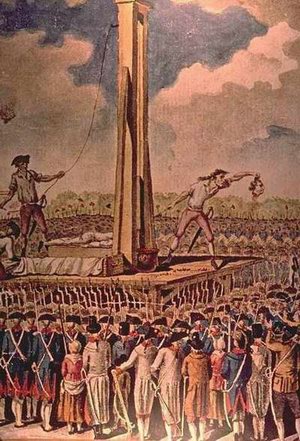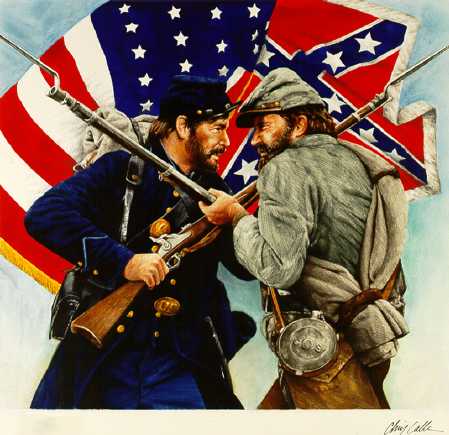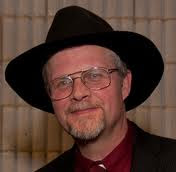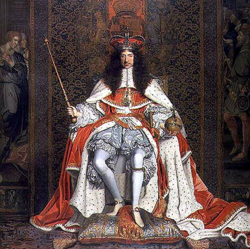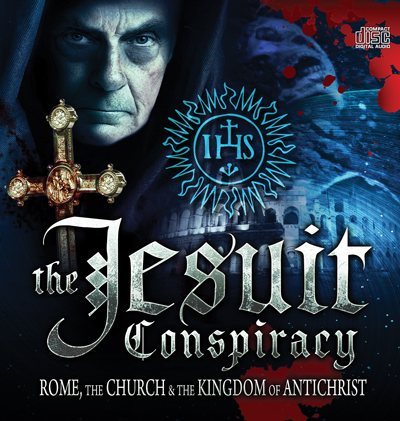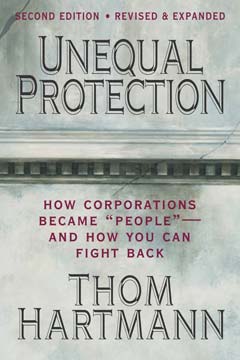 I am not a Libertarian but I found Rothbard’s treatment of this issue in his The Mystery of Banking to be very helpful.
I am not a Libertarian but I found Rothbard’s treatment of this issue in his The Mystery of Banking to be very helpful.
Rothbard begins by arguing that money is more compatible with commerce than barter. People will exchange most anything for money, but finding a trade for a specific good for another one is rare. Second, with money we are able to calculate profitability.
Sometimes if a commodity is useful enough to many people and in high demand it will be used as a medium/money. Rothbard,
“One reason for gold’s universal acceptance as money on the free market is that gold is very difficult to counterfeit: Its look, its sound as a coin, are easily recognizable, and its purity can be readily tested.”[1]
Rothbard,
“Clearly, it will be those commodities most useful as money in any given society. Through the centuries, many commodities have been selected as money on the market. Fish on the Atlantic seacoast of colonial North America, beaver in the Old Northwest,
and tobacco in the Southern colonies were chosen as money. In other cultures, salt, sugar, cattle, iron hoes, tea, cowrie shells, and many other commodities have been chosen on the market…It is also important for people to be able to carry the money commodity around in order to facilitate purchases. To be easily portable, then, a commodity must have high value per unit weight. To have high value per unit weight, however, requires a good which is not only in great demand but also relatively scarce, since an intense demand combined with a relatively scarce supply will yield a high price, or high value per unit weight.
Finally, the money commodity should be highly durable, so that it can serve as a store of value for a long time. The holder of money should not only be assured of being able to purchase other products right now, but also indefinitely into the future. Therefore, butter, fish, eggs, and so on fail on the question of durability.”[2]
This is why cigarettes are considered money in the prison system.
Rothbard,
“In all countries and all civilizations, two commodities have been dominant whenever they were available to compete as moneys with other commodities: gold and silver… The difficulties of mining gold, which makes its production limited, make its long-term value relatively more stable than silver.”[3]
At this point I think Rothbard proves that the value (I may be using the word value equivocally) of money is not arbitrary.
Rothbard acknowledges a helpful question,
“Free market gold standard advocates have often been taunted with the charge: “You are against the government fixing the price of goods and services; why then do you make an exception for gold? Why do you call for the government fixing the price of gold and setting the exchange rates between the various currencies?” (9-10)
Gen 23:16 So Abraham hearkened unto Ephron, and Abraham weighed to Ephron the silver, which he had named, in the audience of the Hittites, even four hundred silver shekels of current money among merchants.
This passage seems to suggest that the value of currency is determined by the market not the State.
It is a difficult subject and one I have not completely settled within myself yet.
And another question that I have not read a straight answer on,
“If the government has the coin to back up its paper, why does it have to issue paper in the first place?”[4]



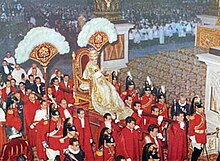
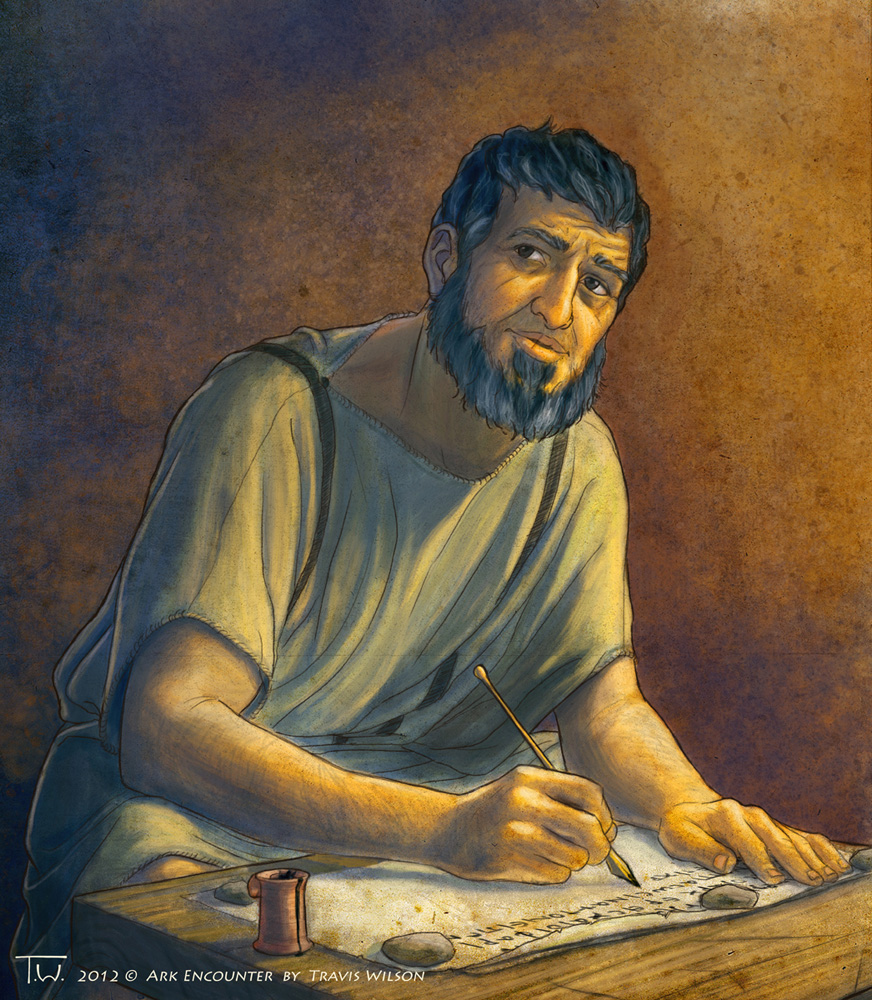
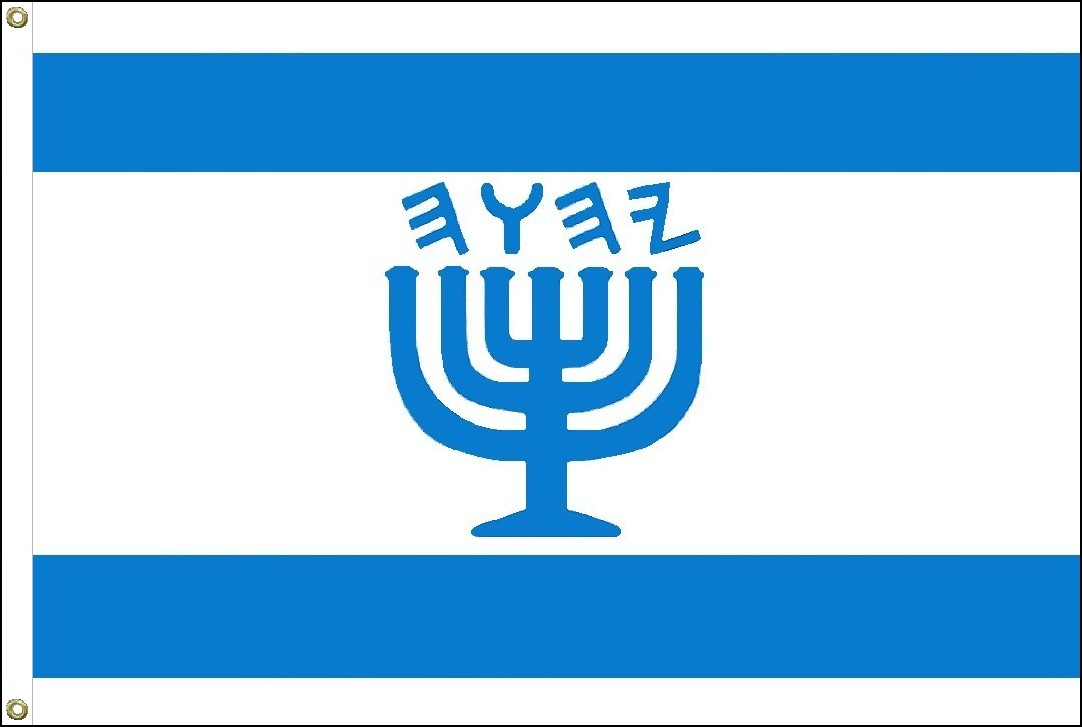

-1-.jpg)

